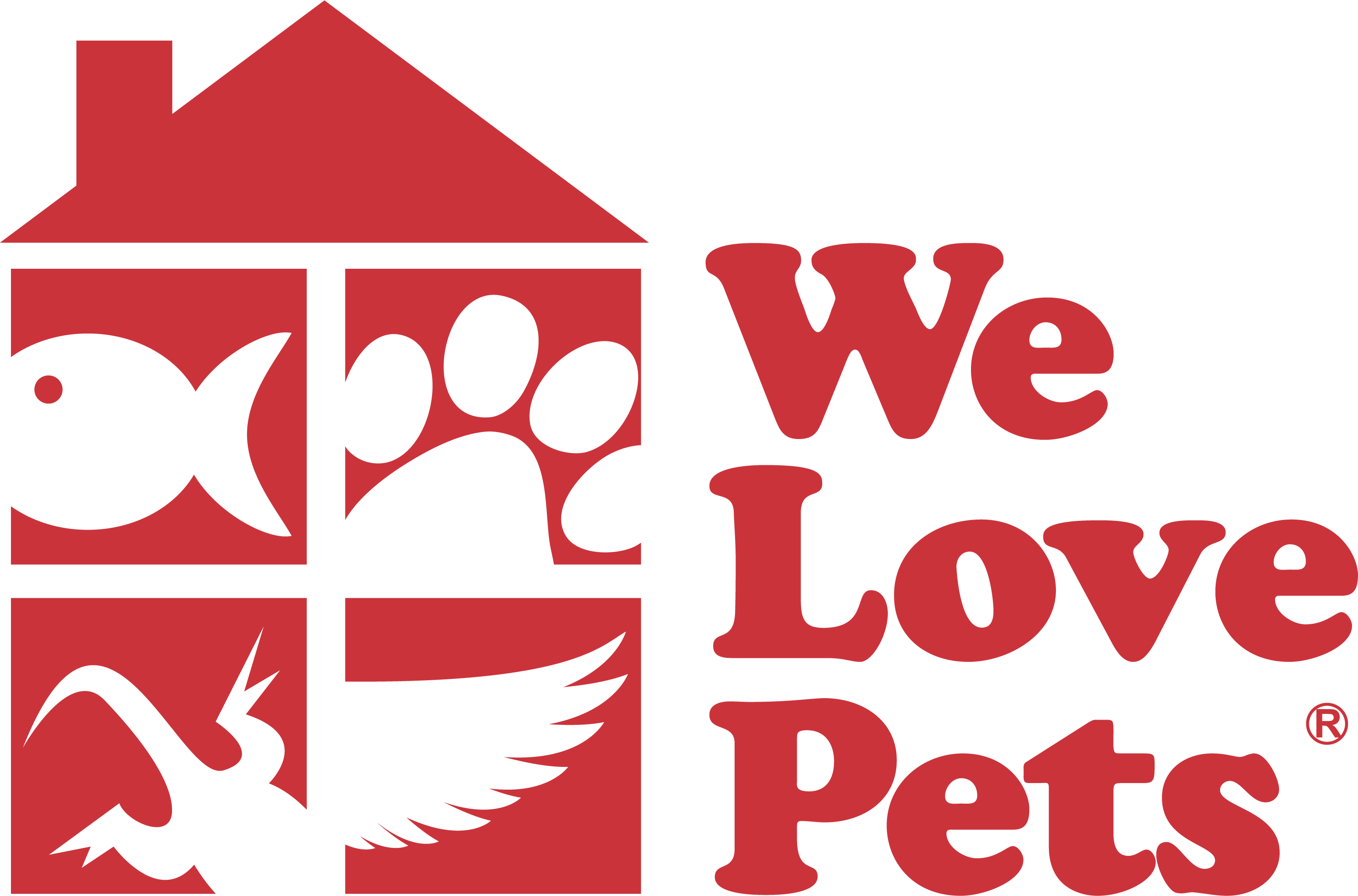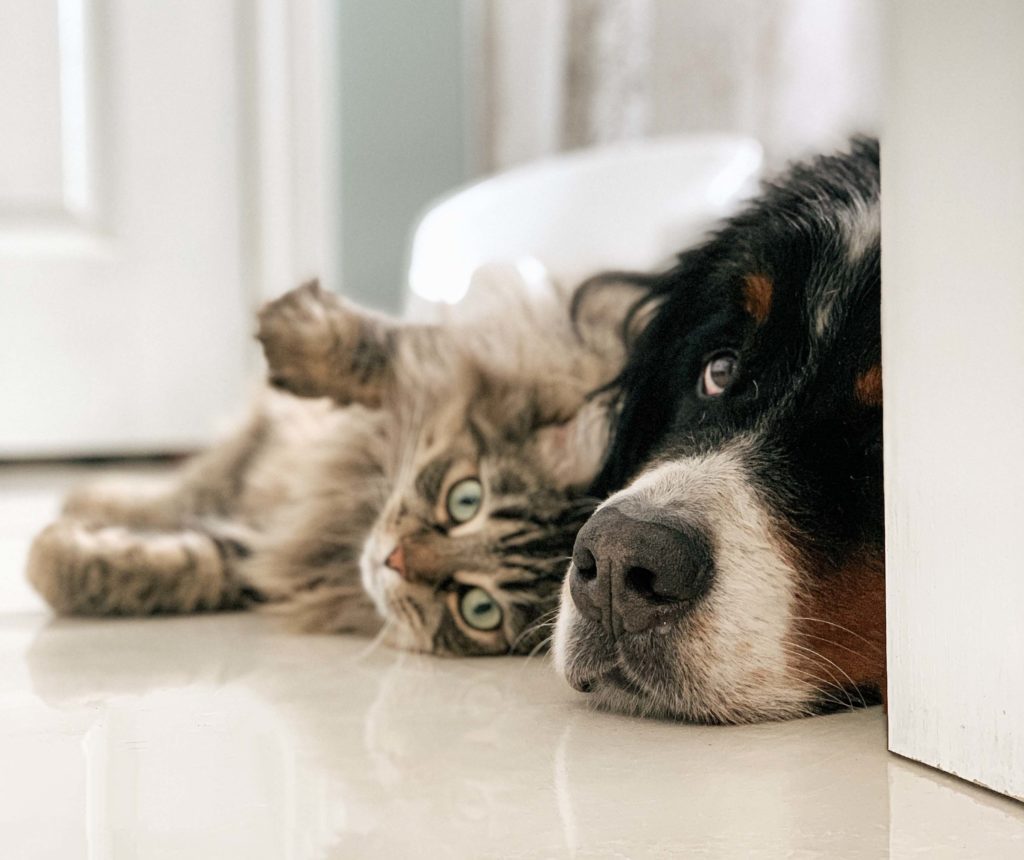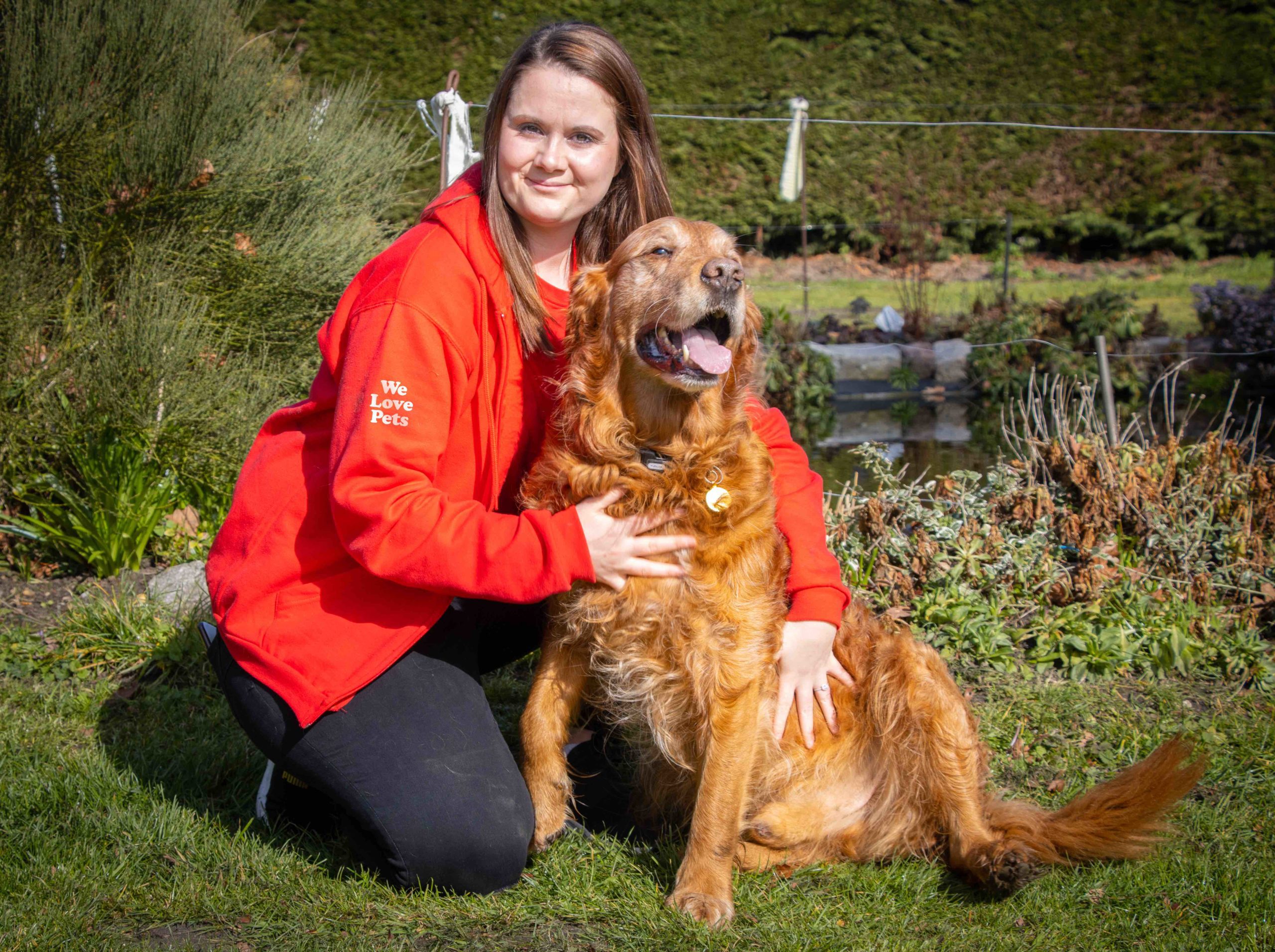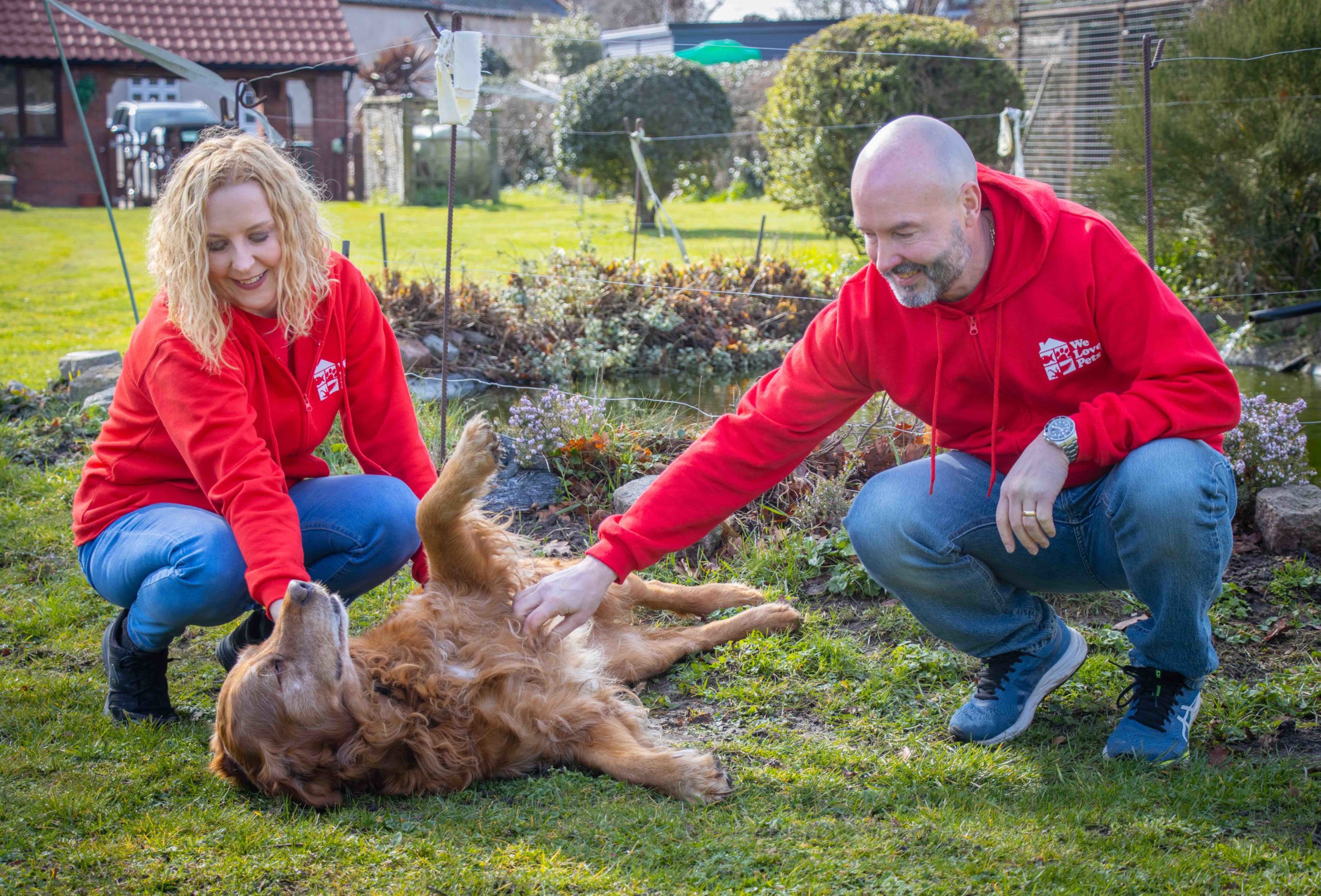There are lots of foods that our pets can and can’t eat, and sometimes they like to try their luck getting everything on our plates!
However, there are plenty of foods that are no trouble for us to eat that can have serious negative effects on our furry friends, so here are some things for them to avoid. You will also find a recipe for treats to give cats and dogs that are safe for them!
What Can’t Cats Eat?
Chocolate and Caffeine
- A by-product of the roasting process of cocoa beans is theobromine, which metabolises too slowly in a cats’ digestive system, and become poisonous in their systems.
- Chocolate also contains caffeine, which triggers hyperactivity, heart issues, seizures and much more terrible health conditions in cats.
Alcohol
- Their slow digestive systems keep alcohol in their systems too long which can really overwhelm their liver and also cause cellular damage.
- Alcohol consumption can also cause toxic shock, which means oxygen and nutrients can’t reach their bodies fully, which can be life-threatening.
Root Vegetables
- Root vegetables contain N-propyl disulphide which attacks cats’ red blood cells, which can cause anaemia, which leaves cats weak and fatigued.
- Potatoes and tomatoes contain solanine which causes damage to cell membranes (causing internal bleeding) and can also affect the neurons in their bodies stopping their nervous systems from working properly.
Grapes and Raisins
- Though it isn’t sure what exactly causes the issues directly, grape consumption has been linked to kidney failure.
- Since raisins and grapes are the same thing, raisins are also worth avoiding.
Dog Food
- Dog food is often quite simply not nutritious enough to suit a cats’ body.
- Cats require vitamins in their food that dogs create naturally: dogs can metabolise betacarotene into vitamin A, cats cannot. And dogs produce their own taurine, which is an amino acid that aids the prevention of heart issues, and cats can’t.
- Cats also require more protein in their diet than dogs.
Clawsome Cat Treats
Ingredients
- 1 Tin of tuna in spring water
- 1 Egg, whisked
- 210g of plain or wholemeal flour
Method
- Preheat oven to 180°C
- Blend tuna (+ liquid) and the egg until smooth.
- Add flour and stir into a dough. Divide dough into four, as you only need a quarter at a time. You can freeze the other three balls for another week.
- Roll out your ball of dough to 1cm thickness, and cut out with small shaped cutters. You may need to poke the dough out with a cocktail stick.
- Bake for 20-25 minutes on a lined baking tray. Leave and allow to cool before giving them to your cat, and store in an air tight container for up to a week.
What Can’t Dogs Eat
Chocolate
- Chocolate contains theobromine which is toxic to dogs and can cause kidney failure.
- The darker the chocolate, the more theobromine it contains, though it is safer to avoid chocolate entirely.
Alcohol
- Alcohol can cause damage to the central nervous system when consumed by animals. This can lead to cancer, seizures, cardiovascular diseases and developmental disorders.
Onions, Garlic and Chives
- These ingredients can cause gastrointestinal irritation in dogs, and even red blood cell damage.
- Gastrointestinal irritation can be fatal within an hour.
- Red blood cell damage can also affect the nervous system negatively.
Grapes and Raisins
- As with cats, it is uncertain what exactly in grapes causes it, but dog also can experience severe liver damage and kidney failure in dogs.
Macadamia Nuts
- Macadamias contain a toxin that can affect the muscles and nervous system of dogs in larger dosages.
- The muscles being affected by the toxin can lead to muscular deformation, and can be very painful for dogs.
Corn on the Cob
- While corn itself is perfectly fine for dogs, don’t fear – but the cob can be dangerous. The cob is more solid and can block dogs’ intestines, which makes regular digestion difficult, leading to abdominal pain, bloating, vomiting, diarrhoea and other painful symptoms for your dog.
Avocado
- Have a lovely avo on toast yourself, but avoid feeding any to your dog. The leaves, fruit and seeds of avocados contain Persin, which can cause vomiting and diarrhoea and abdominal pain.
Artificial Sweetener (Xylitol)
- Lots of human food contains xylitol to sweeten it, but when fed to dogs it can cause hypoglycaemia, and is linked to liver failure and blood clotting. These can lead to heart problems and even death sometimes.
Cooked Bones
- Uncooked bones are okay, but cooked they can splinter while eating, causing tears and damage. In large quantities can cause constipation, or even gut perforation.
DeLICKtable Doggy Treats
Ingredients
- 300g of plain or whole meal flour
- 100g of plain rolled oats
- 250g Natural peanut butter (look for ones with no sweeteners)
- 1tsp Honey
- 2 Eggs
- 2 Bananas
Method
- Preheat oven to 180°C
- Blend bananas, eggs, peanut butter and honey together in a blender.
- Separately mix flour and oats, then combine with the wet ingredients until it forms a dough.
- Roll out to 1cm thick and cut out with shaped cutters, you may need to poke them out with a cocktail stick.
- Bake for 20-25 minutes on a lined tray. Leave and allow to cool completely before giving them to your dog, and store in an airtight container.




